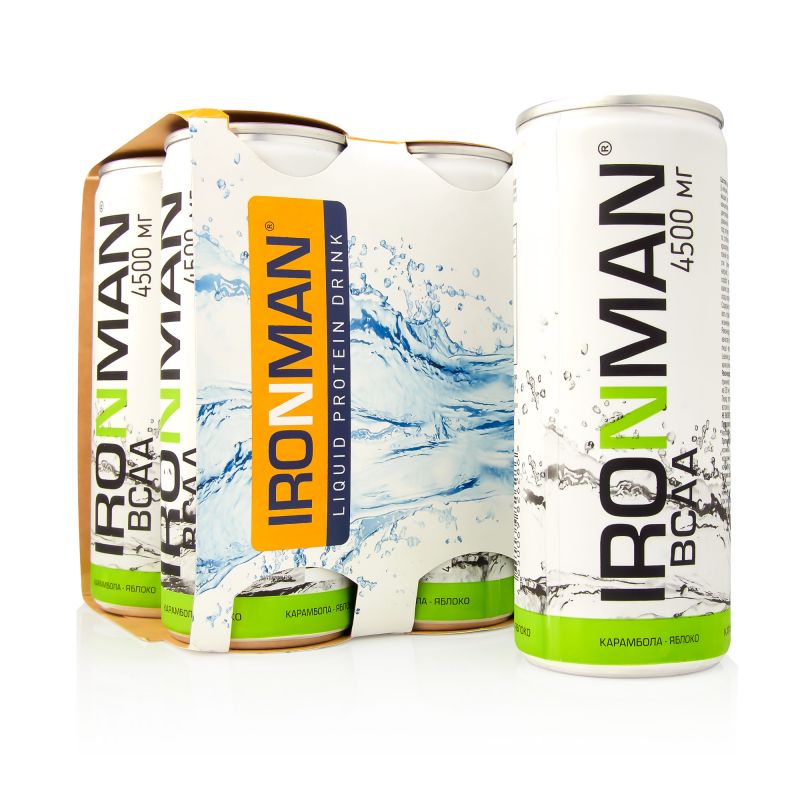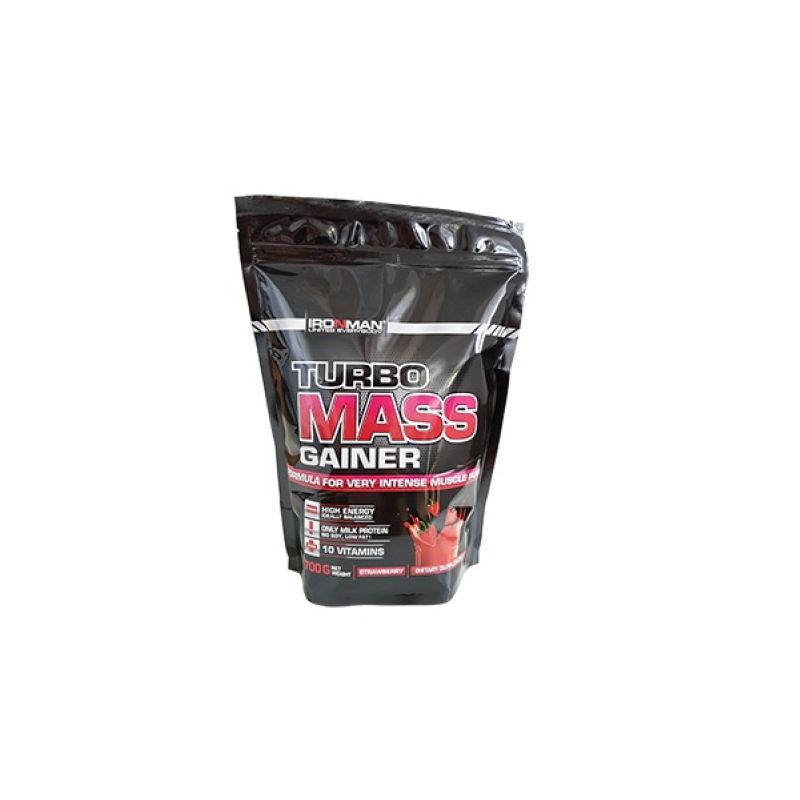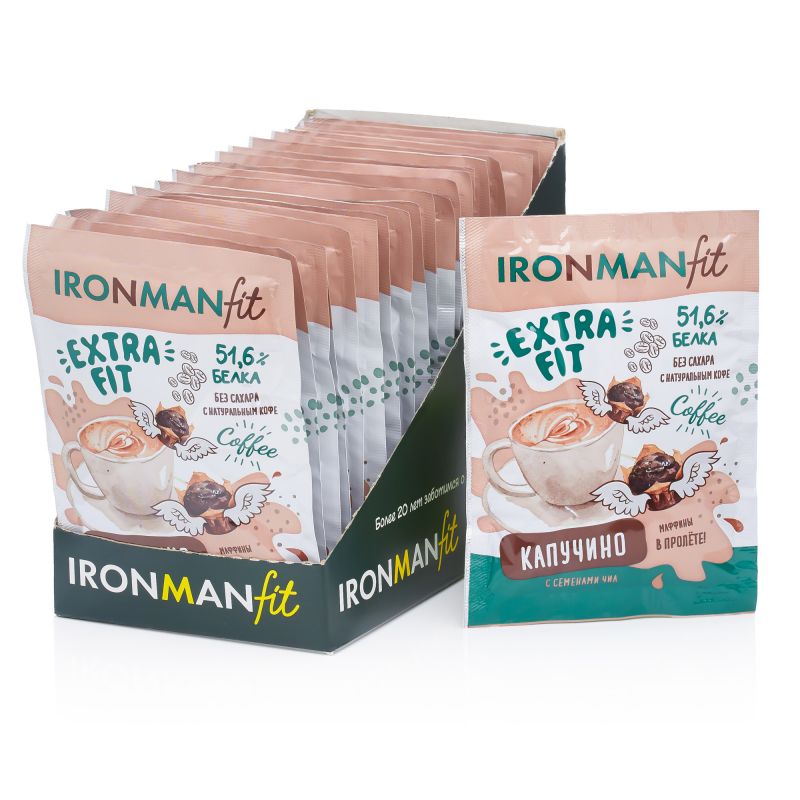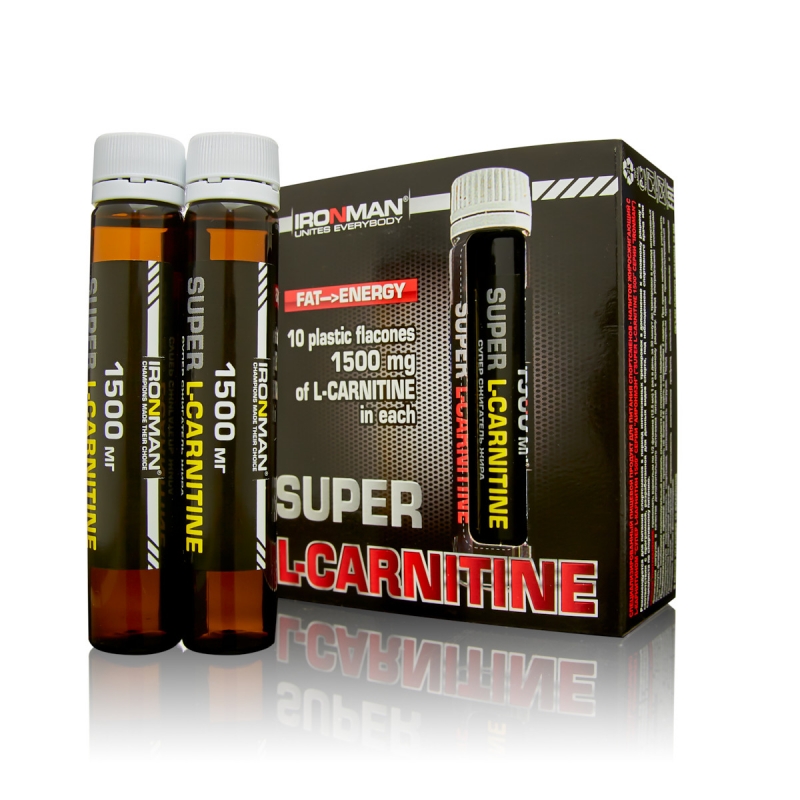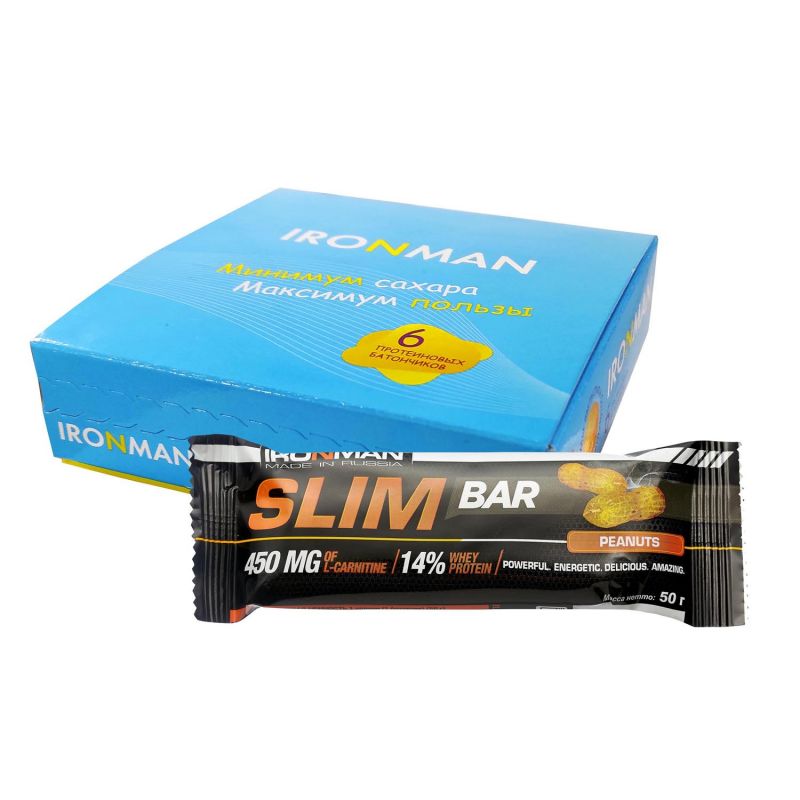Почему креатин необходим для работы мозга
15.02.2024
- Merege-Filho, C. A. A., Otaduy, M. C. G., de Sa-Pinto, A. L., de Oliveira, M. O., de Souza Goncalves, L., Hayashi, A. P. T., Roschel, H., Pereira, R. M. R., Silva, C. A., Brucki, S. M. D., da Costa Leite, C., & Gualano, B. (2017). Does brain creatine content rely on exogenous creatine in healthy youth? A proof-of-principle study. Applied Physiology, Nutrition, and Metabolism = Physiologie Appliquee, Nutrition et Metabolisme, 42(2), 128–134.
- 2. Rae, C., Digney, A. L., McEwan, S. R., & Bates, T. C. (2003). Oral creatine monohydrate supplementation improves brain performance: A double-blind, placebo-controlled, cross-over trial. Proceedings of the Royal Society B: Biological Sciences, 270(1529), 2147–2150.
- 3. Toniolo, R. A., Fernandes, F. de B. F., Silva, M., Dias, R. da S., & Lafer, B. (2017). Cognitive effects of creatine monohydrate adjunctive therapy in patients with bipolar depression: Results from a randomized, double-blind, placebo-controlled trial. Journal of Affective Disorders, 224, 69–75.
- 4. Sakellaris, G., Kotsiou, M., Tamiolaki, M., Kalostos, G., Tsapaki, E., Spanaki, M., Spilioti, M., Charissis, G., & Evangeliou, A. (2006). Prevention of complications related to traumatic brain injury in children and adolescents with creatine administration: An open label randomized pilot study. Journal of Trauma – Injury, Infection and Critical Care, 61(2), 322–329.
- 5. Benton, D., & Donohoe, R. (2011). The influence of creatine supplementation on the cognitive functioning of vegetarians and omnivores. British Journal of Nutrition, 105(7), 1100–1105.
- 6. McMorris, T., Mielcarz, G., Harris, R. C., Swain, J. P., & Howard, A. (2007). Creatine supplementation and cognitive performance in elderly individuals. Aging, Neuropsychology, and Cognition, 14(5), 517–528.
- 7. Alves, C. R. R., Merege Filho, C. A. A., Benatti, F. B., Brucki, S., Pereira, R. M. R., de Sa Pinto, A. L., Lima, F. R., Roschel, H., & Gualano, B. (2013). Creatine Supplementation Associated or Not with Strength Training upon Emotional and Cognitive Measures in Older Women: A Randomized Double-Blind Study. PLoS ONE, 8(10), 1–10.
- 8. Wilkinson, I. D., Mitchel, N., Breivik, S., Greenwood, P., Griffiths, P. D., Winter, E. M., & Van Beek, E. J. R. (2006). Effects of creatine supplementation on cerebral white matter in competitive sportsmen. Clinical Journal of Sport Medicine, 16(1), 63–67.
- 9. Rawson, E. S., Lieberman, H. R., Walsh, T. M., Zuber, S. M., Harhart, J. M., & Matthews, T. C. (2008). Creatine supplementation does not improve cognitive function in young adults. Physiology and Behavior, 95(1–2), 130–134.
- 10. McMorris, T., Harris, R. C., Howard, A. N., Langridge, G., Hall, B., Corbett, J., Dicks, M., & Hodgson, C. (2007). Creatine supplementation, sleep deprivation, cortisol, melatonin and behavior. Physiology and Behavior, 90(1), 21–28.
- 11. Van Cutsem, J., Roelands, B., Pluym, B., Tassignon, B., Verschueren, J. O., De Pauw, K., & Meeusen, R. (2020). Can creatine combat the mental fatigue-associated decrease in visuomotor skills? Medicine and Science in Sports and Exercise, 52(1), 120–130.
- 12. Turner, C. E., Byblow, W. D., & Gant, N. N. (2015). Creatine Supplementation Enhances Corticomotor Excitability and Cognitive Performance during Oxygen Deprivation. Journal of Neuroscience, 35(4), 1773–1780.
- 13. Sakellaris, G., Nasis, G., Kotsiou, M., Tamiolaki, M., Charissis, G., & Evangeliou, A. (2008). Prevention of traumatic headache, dizziness and fatigue with creatine administration. A pilot study. Acta Paediatrica, International Journal of Paediatrics, 97(1), 31–34.
- 14. Kondo, D. G., Forrest, L. N., Shi, X., Sung, Y. H., Hellem, T. L., Huber, R. S., & Renshaw, P. F. (2016). Creatine target engagement with brain bioenergetics: a dose-ranging phosphorus-31 magnetic resonance spectroscopy study of adolescent females with SSRI-resistant depression. Amino Acids, 48(8), 1941–1954.
- 15. Toniolo, R. A., Silva, M., Fernandes, F. de B. F., Amaral, J. A. de M. S., Dias, R. da S., & Lafer, B. (2018). A randomized, double-blind, placebo-controlled, proof-of-concept trial of creatine monohydrate as adjunctive treatment for bipolar depression. Journal of Neural Transmission, 125(2), 247–257.
- 16. Yoon, S., Kim, J. E., Hwang, J., Kim, T. S., Kang, H. J., Namgung, E., Ban, S., Oh, S., Yang, J., Renshaw, P. F., & Lyoo, I. K. (2016). Effects of Creatine Monohydrate Augmentation on Brain Metabolic and Network Outcome Measures in Women With Major Depressive Disorder. Biological Psychiatry, 80(6), 439–447.
- 17. Lyoo, I. K., Yoon, S., Kim, T.-S., Hwang, J., Kim, J. E., Won, W., Bae, S., & Renshaw, P. F. (2012). A Randomized, Double-Blind Placebo-Controlled Trial of Oral Creatine Monohydrate Augmentation for Enhanced Response to a Selective Serotonin Reuptake Inhibitor in Women With Major Depressive Disorder. American Journal of Psychiatry, 169(9), 937–945.
- 18. Antonio, J., Candow, D. G., Forbes, S. C., Gualano, B., Jagim, A. R., Kreider, R. B., Rawson, E. S., Smith-Ryan, A. E., VanDusseldorp, T. A., Willoughby, D. S., & Ziegenfuss, T. N. (2021). Common questions and misconceptions about creatine supplementation: what does the scientific evidence really show? Journal of the International Society of Sports Nutrition, 18(1), 13.
